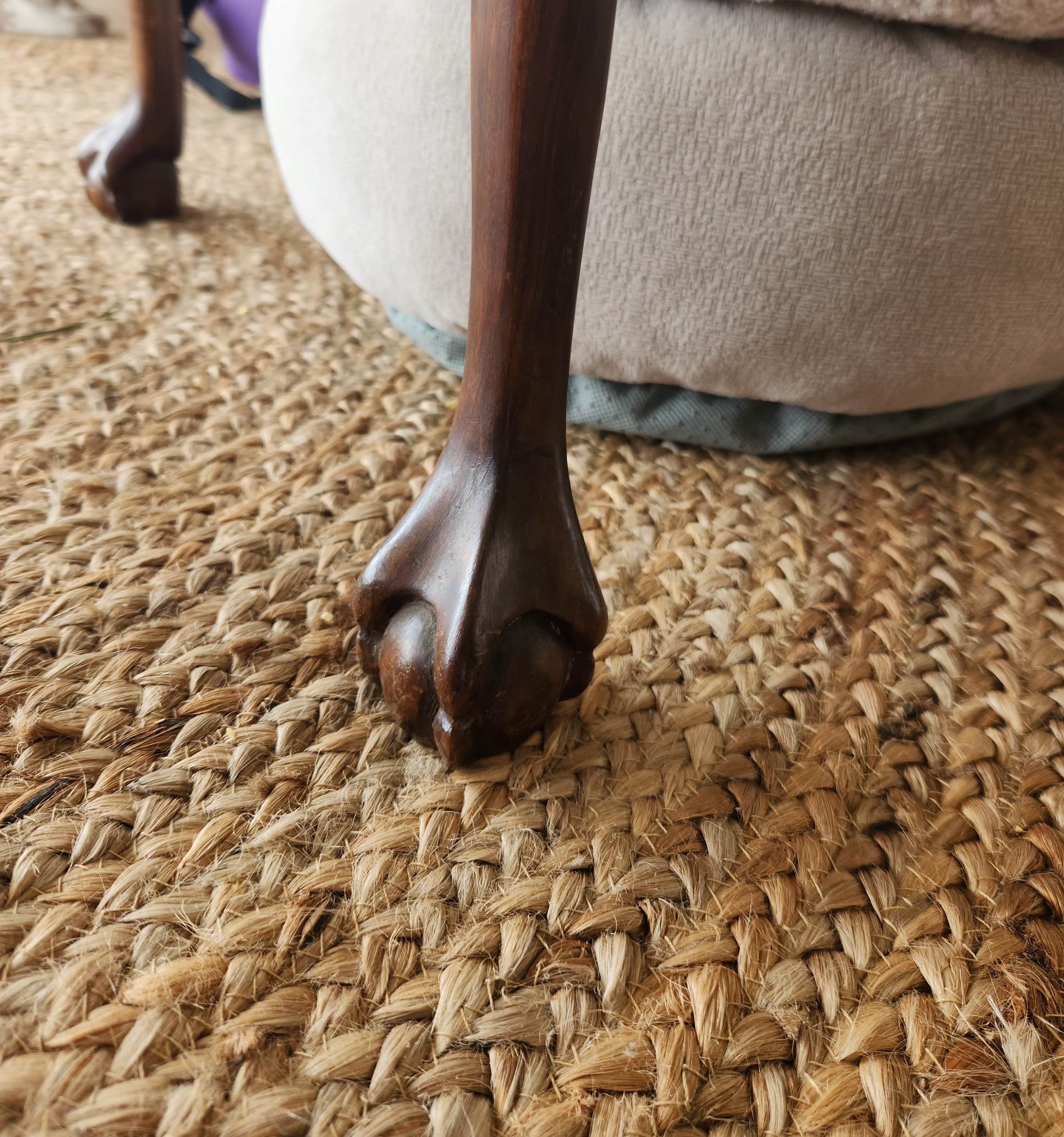Because craftsmen used to make things by hand and real care could be put into their creations. The better question is why we don't do this stuff anymore, to which the answer is, as always, capitalism.
Ask Lemmy
A Fediverse community for open-ended, thought provoking questions
Rules: (interactive)
1) Be nice and; have fun
Doxxing, trolling, sealioning, racism, and toxicity are not welcomed in AskLemmy. Remember what your mother said: if you can't say something nice, don't say anything at all. In addition, the site-wide Lemmy.world terms of service also apply here. Please familiarize yourself with them
2) All posts must end with a '?'
This is sort of like Jeopardy. Please phrase all post titles in the form of a proper question ending with ?
3) No spam
Please do not flood the community with nonsense. Actual suspected spammers will be banned on site. No astroturfing.
4) NSFW is okay, within reason
Just remember to tag posts with either a content warning or a [NSFW] tag. Overtly sexual posts are not allowed, please direct them to either !asklemmyafterdark@lemmy.world or !asklemmynsfw@lemmynsfw.com.
NSFW comments should be restricted to posts tagged [NSFW].
5) This is not a support community.
It is not a place for 'how do I?', type questions.
If you have any questions regarding the site itself or would like to report a community, please direct them to Lemmy.world Support or email info@lemmy.world. For other questions check our partnered communities list, or use the search function.
6) No US Politics.
Please don't post about current US Politics. If you need to do this, try !politicaldiscussion@lemmy.world or !askusa@discuss.online
Reminder: The terms of service apply here too.
Partnered Communities:
Logo design credit goes to: tubbadu
Decorative flourish for the most part. A lot of that old stuff was crafted by hand rather than a machine so it tends not to be designed for mass production.
A foot like this is a blend of decorative and functional, imo.
You end up with more surface area than if you had just gone with a straight column, and that helps with stability, slightly lessens the pressure.
Many modern tables or desks have... much less ornate footpad type structures, if the thing itself is quite heavy, or intended to hold a decent amount of weight.
Of course... I have no way of knowing if this old... desk? table? whatever it is, was intentionally designed with that in mind, but the function is still there, at least to some degree.
Cause it's freakin cool
Because they have legs.
...what about their legs? They don't need those...
That design is known as “Ball and Claw”. It likely originated in the east with some symbolism, but when it went west, craftsman thought it looked cool and started copying it with minor changes.
More info: https://www.furniturelibrary.com/use-of-the-ball-claw-design-motif/
Pfft, look at this person giving an actual answer. Jokes, opinions and political rants only. /s
As for why webbed, because it was easier than carving the toes out completely, and probably more stable.
I agree that stability, durability and ease of manufacture were the likely reasons.They probably weren't intended to be seen as webbed feet though. More likely they're meant to depict taloned claws clutching a sphere.
Webbed toes help them swim more efficiently. As more and more furniture moved indoors, the shape of the legs and feet evolved to the drier climate. You can still find modern pieces where the look has been replicated, but the webbing tends to be decorative in nature, not functional.
There’s nothing more majestic than a galloping herd of wild chaise lounges…

Given the trash that passes for furniture these days I expect that in 50 years or so people will still be hunting for stuff from the early 1900s or earlier to put into their place.
Maybe the supply of old furniture will dry up, and demand would rise enough to make actual quality furniture feasible again
What else would they do, hands? That would be silly.
That's just the ones that survived, the others weren't able to run away.


